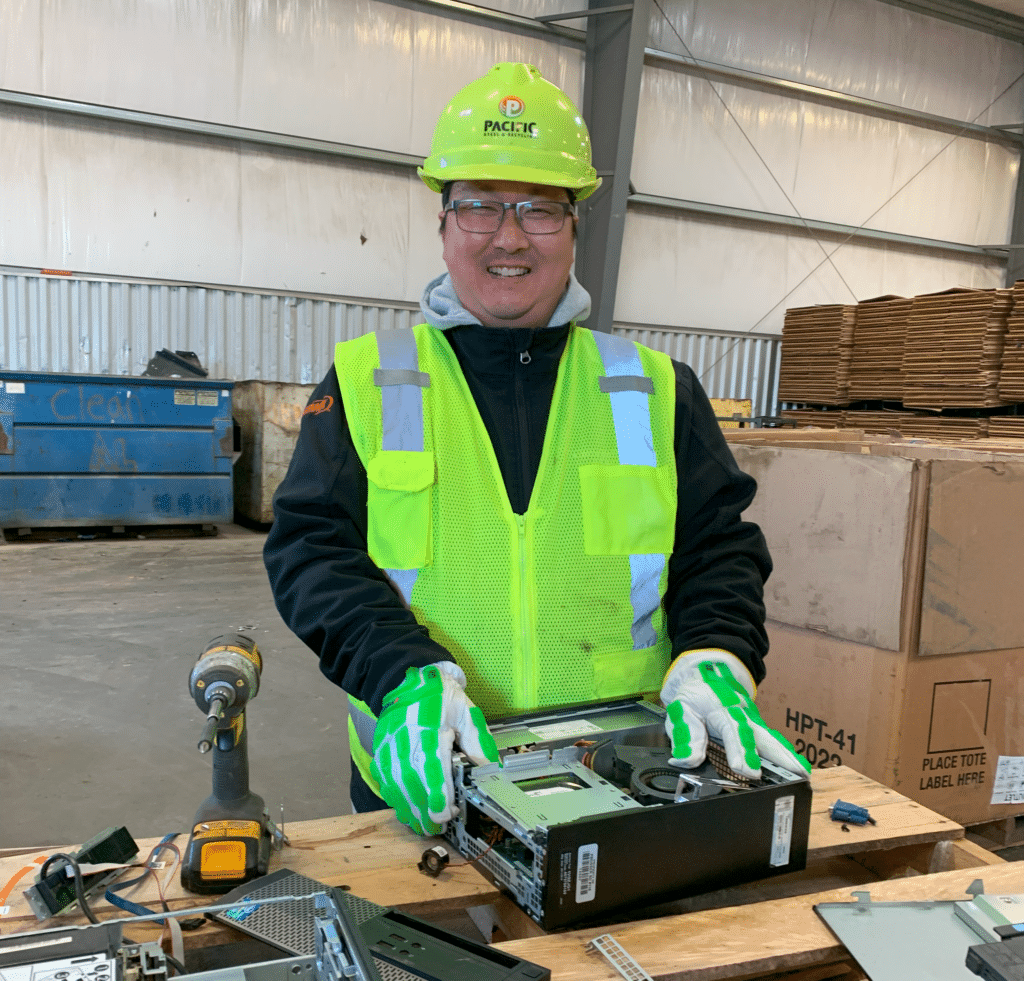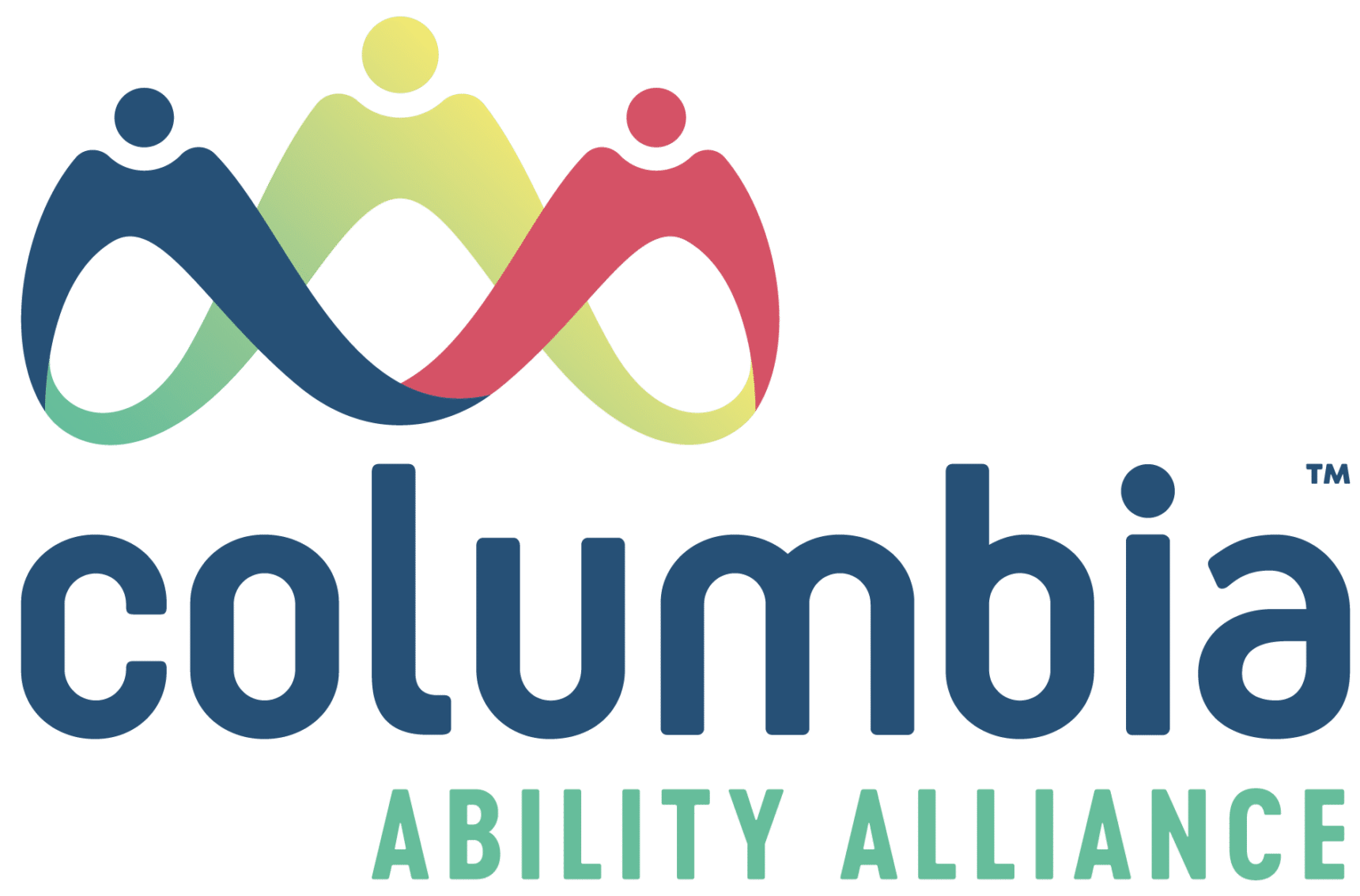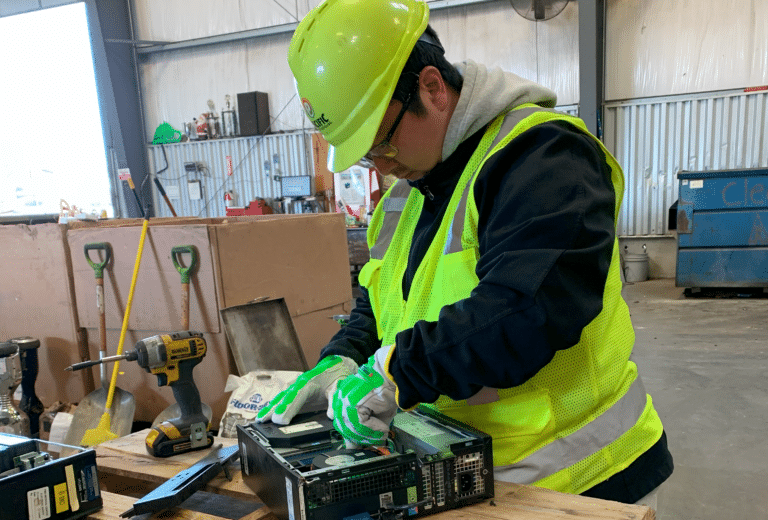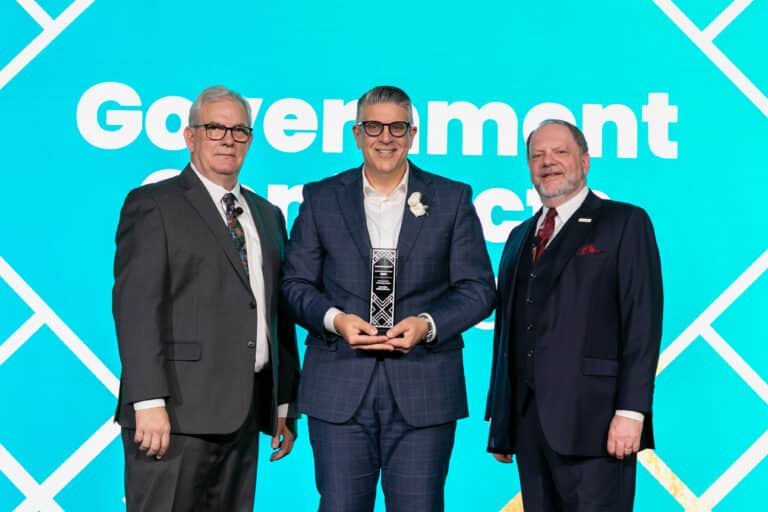Are you a business owner curious about how to make your workplace more inclusive?
Fostering an inclusive work environment isn’t just a feel-good initiative; it boosts morale, enhances your public image, and creates a more innovative, compassionate workplace. It’s important to remember that people with disabilities should be treated like everyone else: as people first, not defined by their disabilities.
The disability community is the world’s most diverse and inclusive minority group, including people of every race, gender, religion, age, and background. So, how can you start putting these values into practice in your workplace?
Let’s start by debunking some of the most common myths and replacing them with facts from trusted sources like the U.S. Department of Labor, ResearchGate, Mass.gov, and SourceAmerica. Then, we’ll walk through practical steps your team can take to build a more inclusive workplace.
Myth #1: “People with disabilities can’t do the job.”
The Truth:
Many individuals with disabilities possess the skills, education, and experience needed for a wide range of roles. Studies show they often perform as well as, or even better than, their non-disabled peers.
Action Steps:
- Revisit job descriptions: Focus on the essential functions of the role and avoid unnecessary physical or sensory requirements.
- Expand your recruitment pool: Partner with organizations that support job seekers with disabilities, like vocational rehab centers or nonprofits.
- Use inclusive language: In job posts, encourage candidates to request accommodation during the application process.
Myth #2: “Employees with disabilities have higher absentee rates.”
The Truth:
This is one of the most persistent and unfounded misconceptions. In reality, employees with disabilities are just as dependable as their non-disabled peers, and in many cases, even more so. Numerous studies and employer testimonials have shown that individuals with disabilities often demonstrate a strong commitment to their jobs, consistently meet attendance expectations, and bring a high level of motivation and loyalty to the workplace. When given the opportunity, they tend to value stability and demonstrate a remarkable work ethic, leading to long-term retention and reduced turnover.
Action Steps:
- Promote flexibility: Offer remote work, flexible hours, or hybrid options where appropriate.
- Track attendance fairly: Use the same system to monitor all employees’ attendance and performance.
- Recognize reliability: Celebrate employees (with and without disabilities) who consistently show up and deliver.

Myth #3: “You have to lower your standards when hiring someone with a disability.”
The Truth:
Hiring people with disabilities does not mean compromising on quality or expectations. SourceAmerica reinforces that diverse teams lead to better outcomes and higher employee engagement, both key drivers of organizational success. With the right accommodations, employees with disabilities can meet or exceed performance standards just like anyone else.
Action Steps:
- Clarify performance metrics: Ensure expectations are clear and based on job-related criteria.
- Be accommodation-ready: Reasonable accommodation (like adaptive tools or flexible schedules) doesn’t mean changing the job… just supporting success.
- Train your managers: Give them the tools and confidence to assess performance fairly and equitably.
Myth #4: “People with disabilities always need help.”
The Truth:
Many individuals with disabilities are highly independent. While they may appreciate support in certain situations, they value autonomy. As SourceAmerica notes, if you offer help, always wait for acceptance and follow their lead.
Action Steps:
- Respect autonomy: Empower employees by assuming competence first.
- Ask before assisting: Create a respectful environment where employees can ask for what they need.
- Build inclusive communication: Promote a culture of empathy, collaboration, and mutual respect.
Creating a More Inclusive Workplace
Creating an inclusive workplace isn’t about checking a box, it’s about recognizing talent, honoring potential, and committing to equity in action. Inclusive teams don’t just do well, they perform better, collaborate better, and innovate more effectively.
At Columbia Ability Alliance, we’re proud to support local employers in building more inclusive workplaces through our Employment Services program. We offer personalized Employer Partnerships that help businesses connect with skilled job seekers who are ready to work and ready to shine.
Whether you’re just starting your inclusion journey or looking to strengthen your practices, we’re here to help.
Learn more about how we support employers and job seekers at Columbia Ability Alliance Employment Services.





